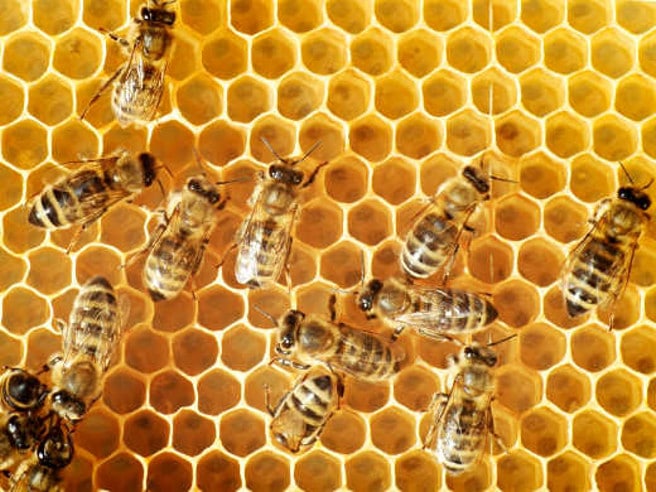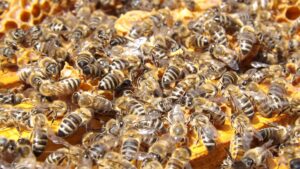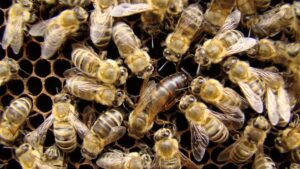Late last week, the Bee Informed Partnership (BIP), in collaboration with the Apiary Inspectors of America (AIA) and the U.S. Department of Agriculture (USDA) published a preliminary report that tracks honeybee colony losses. This year’s report, which tallied results from more than 4,900 beekeepers, is welcome news in the effort to improve the health of colonies in the United States.
An estimated 21.1 percent of colonies managed were lost during the 2016-17 winter, representing an improvement of 5.8 percentage points compared to the previous winter and falling well below the 10-year average total winter loss rate of 28.4 percent. It’s the lowest winter loss rate since these surveys began.
“This is terrific news for everyone who cares about bee health,” says Dick Rogers, principal scientist and beekeeper for the Bayer Bee Care Program in North America. “As I reported last month, we are not out of the woods, but there is a reason for optimism, given the industry’s commitment to protect these vital pollinators.”
But there’s more work to be done. States that saw the highest total losses, according to survey results, include Oklahoma (83.9 percent), Delaware (74 percent), Nebraska (73 percent), Iowa (68 percent) and Arizona (64.9 percent) and Connecticut (61.8 percent) and New Hampshire (60.5 percent).
Bayer continues to conduct research into the many factors affecting bee health and supports efforts to improve pollinator nutrition caused by a lack of forage through its Feed a Bee initiative. Bayer also works closely with many partners to improve bee health, including Project Apis m. through its support of the Healthy Hives 2020 initiative.













